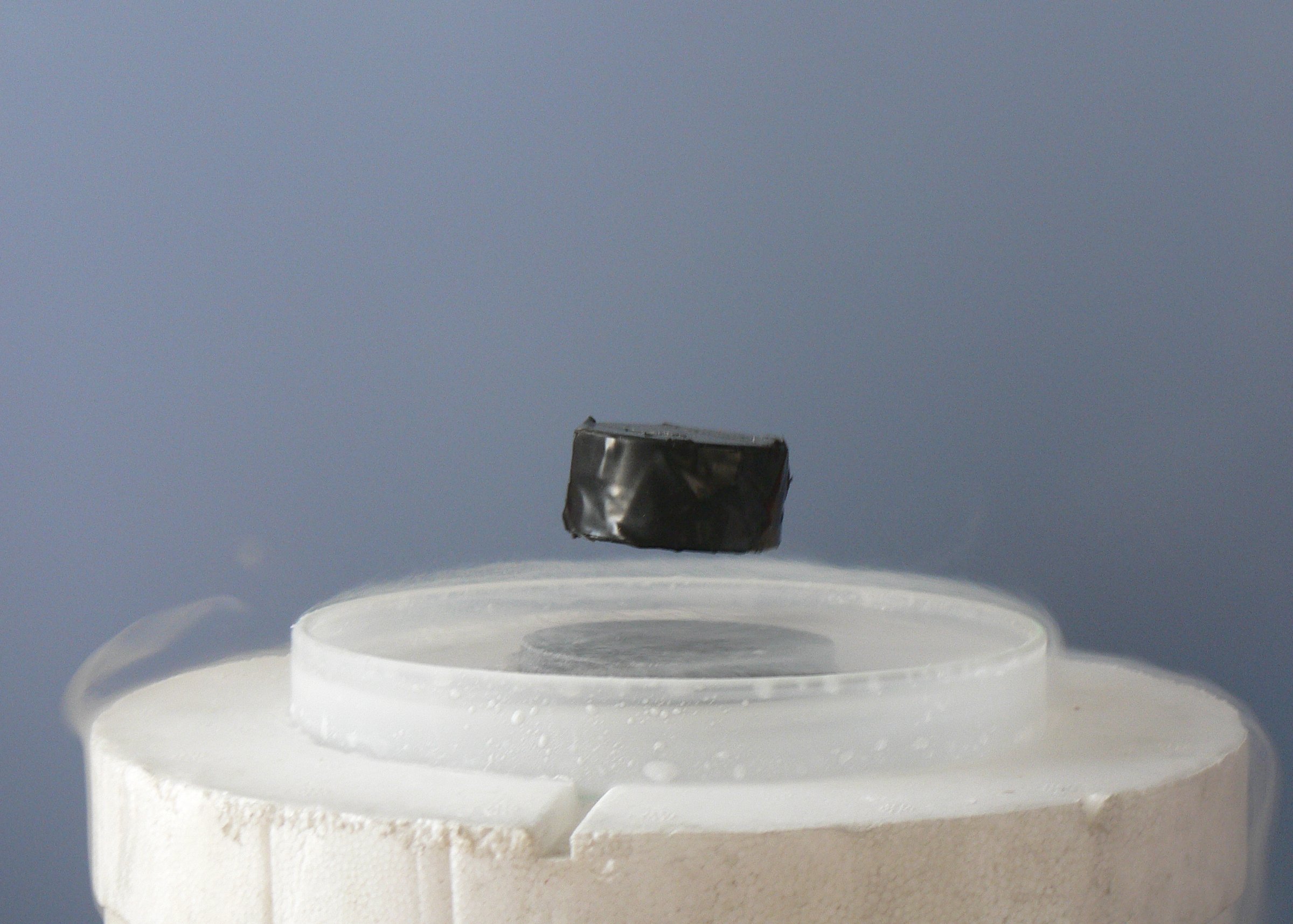
Photo from academic.microsoft.com
Abstract A methodology for non-destructive, accelerated inverse estimation of spatially varying material properties using only boundary measurements is presented. The spatial distribution of diffusion coefficient in 3D solid object is… Click to show full abstract
Abstract A methodology for non-destructive, accelerated inverse estimation of spatially varying material properties using only boundary measurements is presented. The spatial distribution of diffusion coefficient in 3D solid object is determined by minimizing the sum of the least-squares difference between measured and calculated values. The forward problem is solved using the finite volume and finite element methods, both of which were compared against analytical solution. The inverse problem was solved using an optimization technique to minimize the sum of the least-square errors. The non-destructive estimation was accelerated by the use of surrogate models to solve the forward problem. The presented methodology is applied to measurements containing varying levels of noise. Finally, it is used to detect both the location, size and shape of a subdomain within a solid object and material property of the subdomain material.
Journal Title: International Journal of Thermal Sciences
Year Published: 2017
Link to full text (if available)
Share on Social Media: Sign Up to like & get
recommendations!